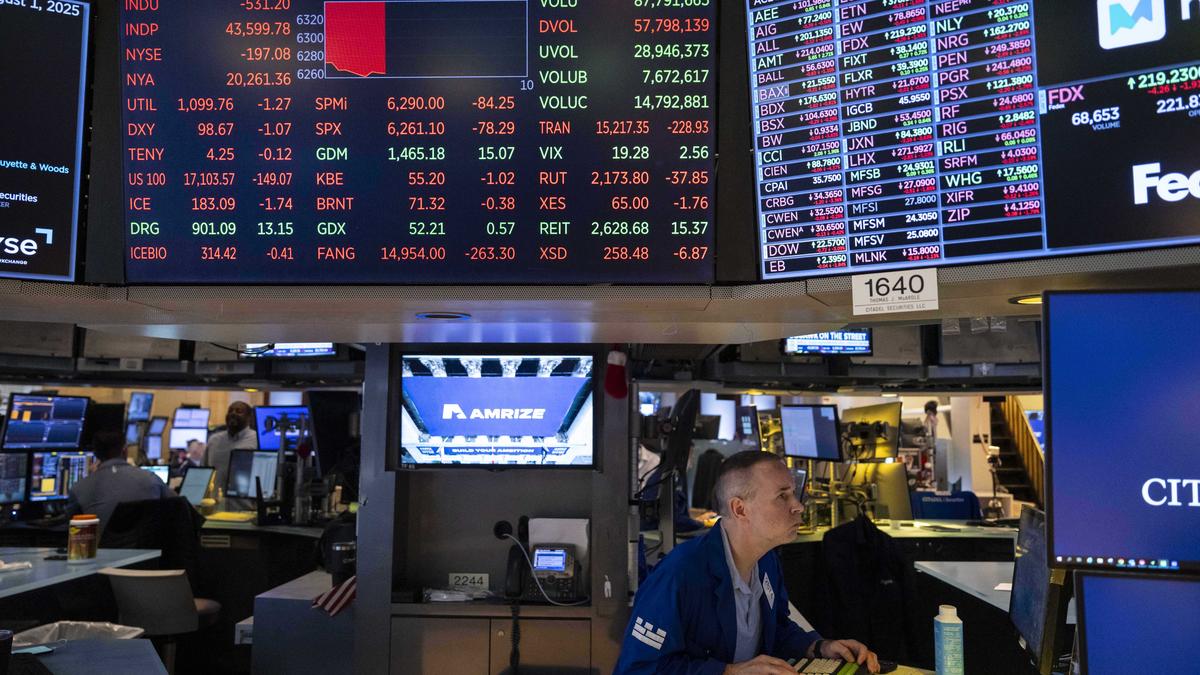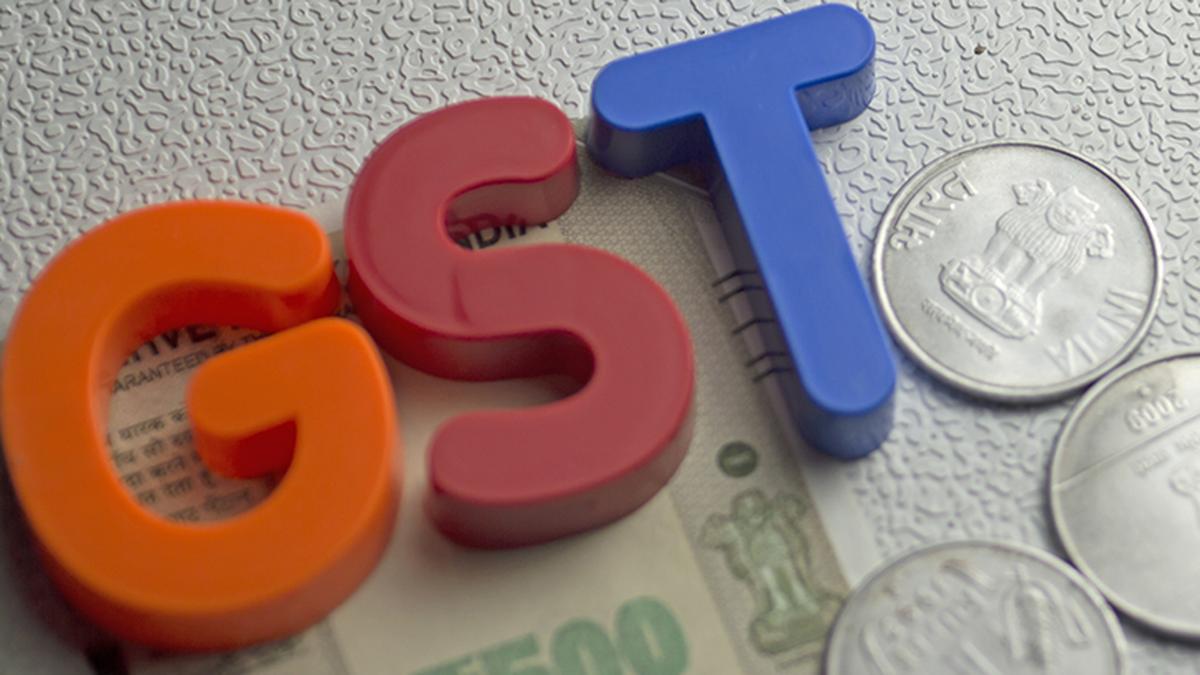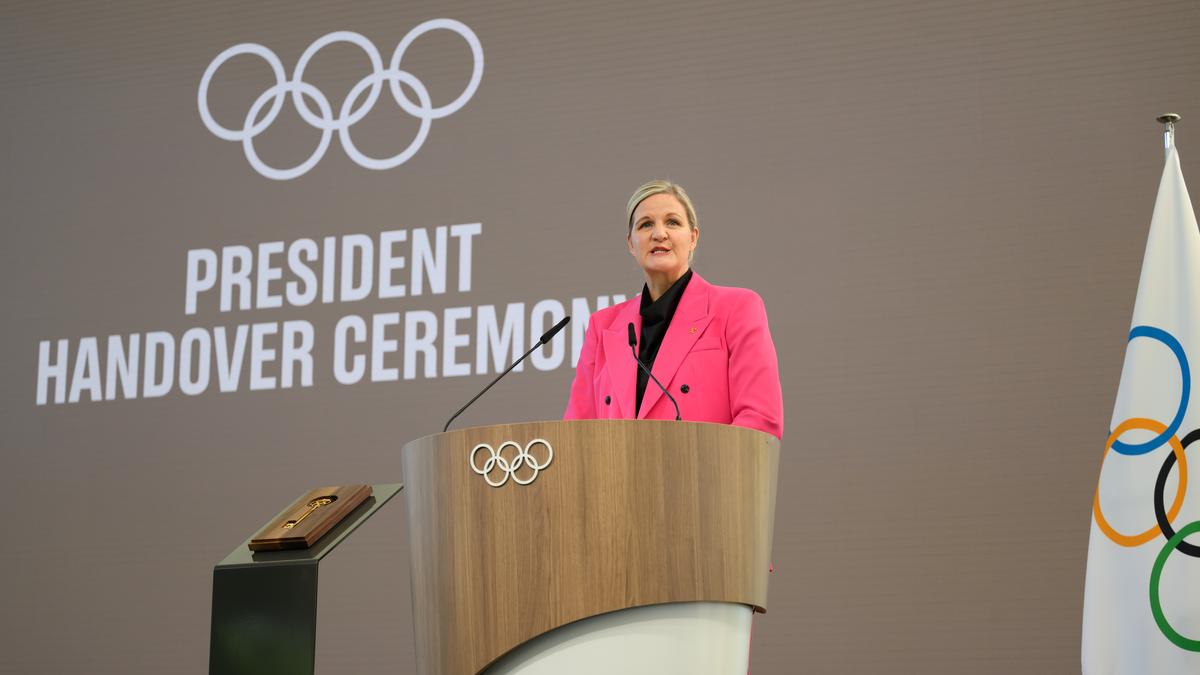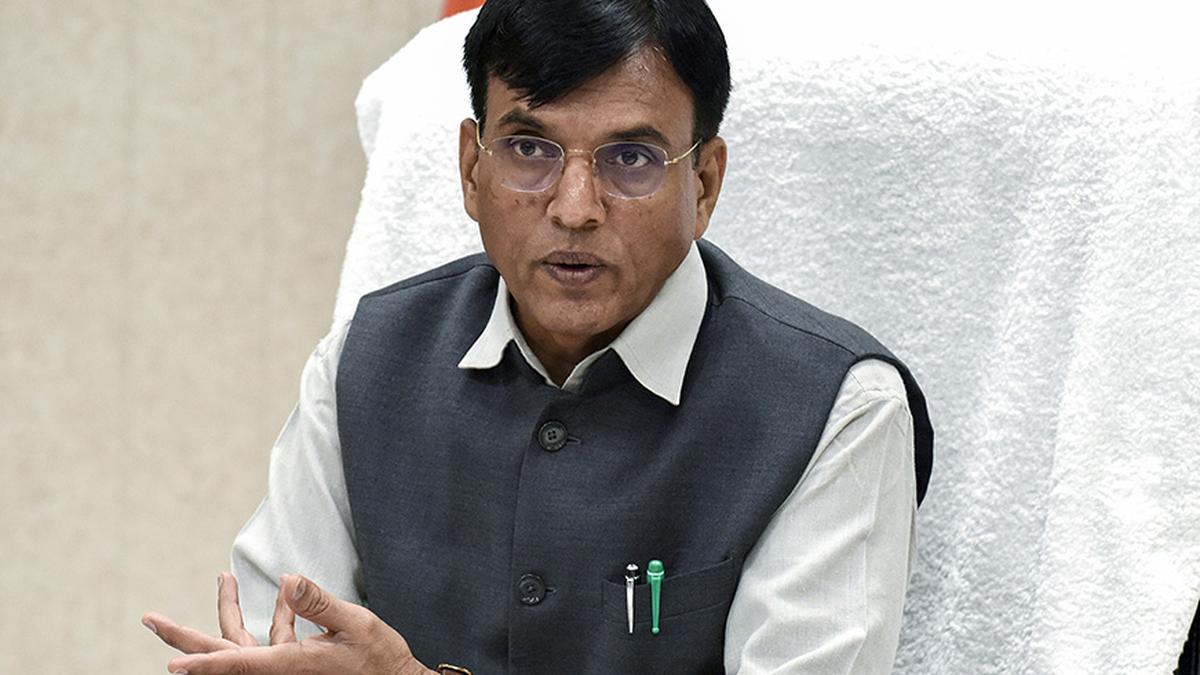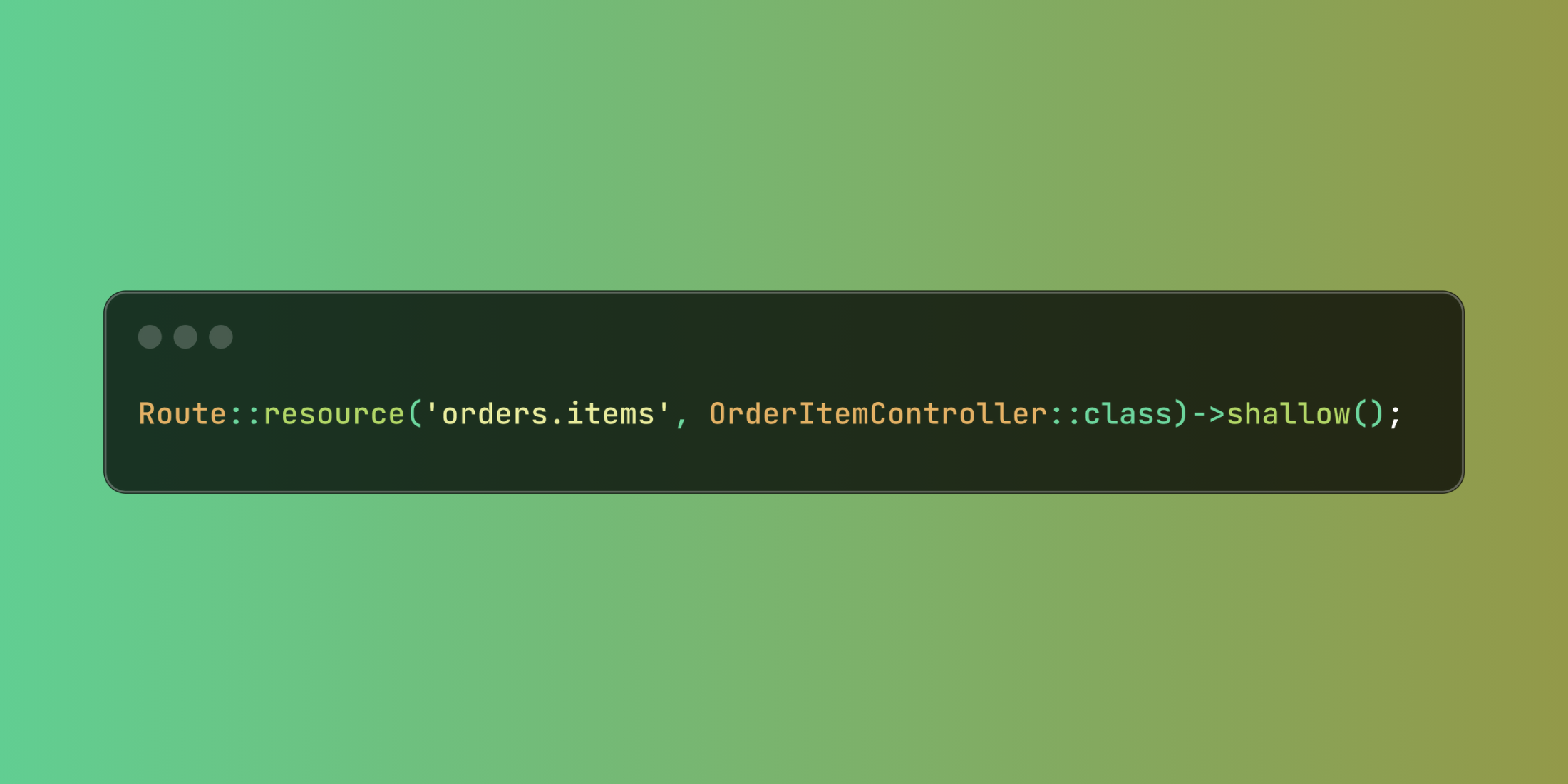Pound Under Pressure: Can Global Deals Rescue the British Economy?
The British government faces a pivotal year. International markets watch its every fiscal adjustment, while new trade accords promise both relief and risk. Currency swings and bond sell-offs reveal investors shifting faith in Whitehall. Market Pulse: Dollar Vs Sterling Wall Street opened July with a firm greenback. The USD/JPY rate rose 2.83% and USD/CHF increased […] The post Pound Under Pressure: Can Global Deals Rescue the British Economy? appeared first on Trade Brains.


The British government faces a pivotal year. International markets watch its every fiscal adjustment, while new trade accords promise both relief and risk. Currency swings and bond sell-offs reveal investors shifting faith in Whitehall.
Market Pulse: Dollar Vs Sterling
Wall Street opened July with a firm greenback. The USD/JPY rate rose 2.83% and USD/CHF increased 1.45%. Moreover, investors pushed the two-year Treasury yield to 3.879% below 4%. As a result, traders now expect the Federal Reserve to cut rates as early as September.
Across the Atlantic, British gilts endured their worst sell-off since October 2022. Yields spiked as Westminster trimmed benefit cuts and rumours swirled about the chancellor’s future. Hence, sterling slid 2.68% to $1.336. Investors see the gilt plunge as a sign of uneasy confidence in Labour’s fiscal stance. This indicates that investors expect the pound to dollar forecast to fall further from the current level. Future borrowing costs could rise, limiting room for domestic stimulus.
Transatlantic Negotiations
As of July 30, 2025, the U.S. and the European Union reached a last-minute trade deal to avoid a major trade war. President Trump and EU President von der Leyen agreed to a 15% tariff on most EU imports, lower than the threatened 30%.
In return, the EU promised to buy $750 billion in U.S. energy, invest $600 billion in the U.S., and open its markets for some American goods. Although this eased tensions, key issues like steel and tech rules remain unresolved. Some critics say the deal favours the U.S. and could hurt the EU economy, while legal challenges over Trump’s tariff powers may still arise.
President Donald Trump met Prime Minister Keir Starmer in Scotland on 28th July, yet Whitehall is hopeful for a sweeping UK-US accord. Business Secretary Jonathan Reynolds insists “more to do” remains on steel and aluminium tariffs.
Nevertheless, both capitals hail earlier wins for autos and aerospace, which secured temporary tariff relief earlier this year. Additionally, talks now pivot to resolve sector-specific problems before America’s electoral calendar narrows. London faces urgency: either clinch concessions or risk exclusion from a widening web of American bilateral deals.
Indo-British Lift-Off
New Delhi’s Comprehensive Economic and Trade Agreement with London grants Indian seafood 100% duty-free entry on tariff lines tagged “A.” This will allow exporters of vannamei shrimp, lobsters, and frozen pomfret to see a 70% jump in British sales over the coming years. Besides, the pact boosts labour-intensive exports of textiles, leather, and gems, giving South Asian factories an edge over rivals in Bangladesh and Vietnam.
India’s 2024-25 seafood sales hit $7.38 billion, yet Britain captured only $104 million, a small 2.25% share. Therefore, duty elimination promises a decisive volume surge, especially for shrimp, which already forms 77% of current shipments. Furthermore, coastal states like Andhra Pradesh and Kerala anticipate faster job creation as docks diverge from the U.S. and China.
Economist Garima Kapoor predicts the broader trade pact could add 25 basis points to India’s GDP within five years. Moreover, she sees a quicker 10-15 basis-point lift in the next two years. Thus, mutual gains appear asymmetric yet substantial: Britain gains cheaper imports and broader sourcing, while India gains growth, employment and diplomatic clout.
Allies and Autonomy
London’s pursuit of “Global Britain” hinges on stitching bespoke deals across continents. However, recent market turbulence shows investors judge proclamations by fiscal discipline and execution speed. If Westminster secures U.S. metal tariff relief, sterling could recuperate lost ground. On the other hand, delay may deepen scepticism, leaving gilts vulnerable to further sell-offs.
Asian pacts do offer some diversification. Yet, they also expose U.K. producers to stiff competition. For instance, British shrimp farmers face cheaper Indian imports, which could squeeze margins. Hence, policymakers must pair trade openness with targeted support for domestic sectors undergoing shock.
Regional geopolitics adds extra complexity. Washington’s push for bilateral settlements pits allies against each other for preferential slots. Simultaneously, China remains a giant trading partner; thus, London must avoid alienating Beijing while embracing democratic partners.
Still, proactive engagement can yield dividends. The pound often rallies when Downing Street announces concrete tariff cuts or regulatory alignment. Moreover, such moves can counterbalance domestic fiscal shaking, reassuring gilt buyers.
Outlook On UK Economy
The next quarter offers clarity. U.K. officials plan follow-up talks with Washington on auto rules and digital services. At the same time, implementation committees monitor India’s seafood tariff schedule. Besides, Europe’s new inflation plateau may influence British rate expectations by association.
Therefore, investors will track three gauges: sterling’s resilience near $1.33, gilt bid-cover ratios at auction, and export volumes through Felixstowe’s docks. Should those metrics align positively, Whitehall can claim its diplomacy pays off. On the other hand, negative readings may compel policy tweaks, perhaps faster spending restraint or fresh subsidies.
Ultimately, the effectiveness of U.K. trade deals and geopolitical ties rests on execution. Markets reward tangible tariff cuts and credible fiscal frameworks. Furthermore, citizens judge agreements by jobs added, not diplomatic fanfare. Therefore, Westminster must convert signatures into sustainable, broadly shared growth.
Written By Fazal Ul Vahab C H
Disclaimer

The views and investment tips expressed by investment experts/broking houses/rating agencies on tradebrains.in are their own, and not that of the website or its management. Investing in equities poses a risk of financial losses. Investors must therefore exercise due caution while investing or trading in stocks. Trade Brains Technologies Private Limited or the author are not liable for any losses caused as a result of the decision based on this article. Please consult your investment advisor before investing.
The post Pound Under Pressure: Can Global Deals Rescue the British Economy? appeared first on Trade Brains.
What's Your Reaction?



























